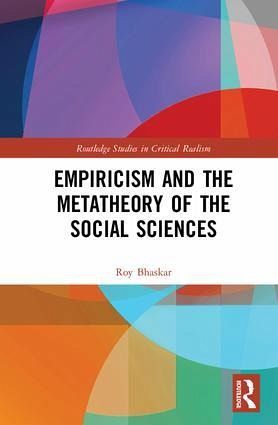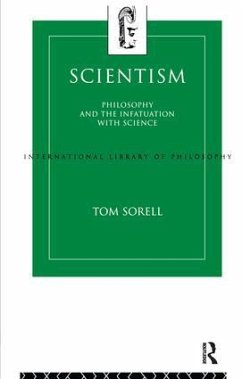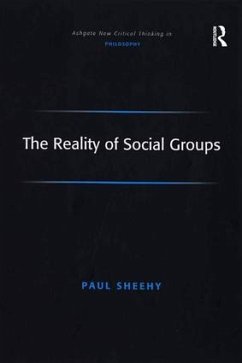
Empiricism and the Metatheory of the Social Sciences
Versandkostenfrei!
Versandfertig in 1-2 Wochen
168,99 €
inkl. MwSt.
Weitere Ausgaben:

PAYBACK Punkte
84 °P sammeln!
Written as a DPhil thesis when Bhaskar was in his mid-twenties, Empiricism and the Metatheory of the Social Sciences brilliantly launches a reconceptualization of the natural world in transcendental realist terms, 'turning Kant around using his own method', and explores its implications for social science in the course of carrying through the metatheoretical destruction of empiricism. It will be indispensable reading for anyone interested in the development of Bhaskar's thought, in transcendental realism, and in the critique of empiricism, more generally of the philosophical discourse of Weste...
Written as a DPhil thesis when Bhaskar was in his mid-twenties, Empiricism and the Metatheory of the Social Sciences brilliantly launches a reconceptualization of the natural world in transcendental realist terms, 'turning Kant around using his own method', and explores its implications for social science in the course of carrying through the metatheoretical destruction of empiricism. It will be indispensable reading for anyone interested in the development of Bhaskar's thought, in transcendental realism, and in the critique of empiricism, more generally of the philosophical discourse of Western modernity.













